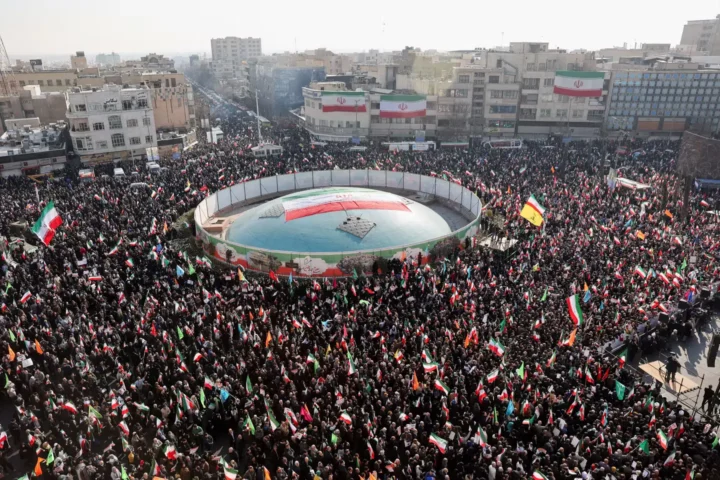For weeks, diplomatic circles buzzed with uncertainty: would India—the world’s fourth largest economy and soon to be third—be invited to the G7 Summit in Canada? The question hung in the air, clouded by the lingering tensions between New Delhi and Ottawa over the Nijjar case and a series of tit-for-tat diplomatic expulsions. But in a welcome display of realpolitik, Canadian Prime Minister Mark Carney extended the invitation, and Indian Prime Minister Narendra Modi accepted. This was not just a gesture toward mending fences; it was a recognition, long overdue, that India is an indispensable partner at any table of consequence, especially one shaping the global economic and political order.
Economic Imperative
India’s invitation is rooted in hard economic facts. With a GDP that has just overtaken Japan to become the world’s fourth largest, and projections pointing to third place by 2027, India is the fastest-growing major economy—outpacing global and regional peers with growth rates consistently above 6%. The World Bank and IMF both forecast robust expansion, driven by a thriving services sector, a revitalized manufacturing base, and a demographic dividend: over 600 million Indians are under the age of 35, offering the world a vast pool of talent, labor, and innovation.
India’s economic heft is not just about size; it is about centrality. As Carney himself acknowledged, India is “central to a number of those supply chains at the heart of a number of those supply chains, so it makes sense”. In an era of global uncertainty, India’s resilience and dynamism are crucial for global economic stability. Whether the agenda is artificial intelligence, climate action, or digital development, India is not just a participant but often a pacesetter.
Voice of the Global South
Beyond its economic ascent, India brings something even more valuable to the table: a credible, principled voice for the Global South. India’s foreign policy has long championed the aspirations of developing nations, from its leadership in the Non-Aligned Movement to its more recent role in amplifying the concerns of the Global South at forums like the G20, where it secured the African Union’s permanent membership.
Prime Minister Modi has repeatedly emphasized that “the world listens when India speaks,” and India’s advocacy for climate justice, vaccine equity, and digital inclusion has resonated far beyond its borders. The Global South—comprising countries in Africa, Latin America, Asia, and Oceania—is not a monolith, but India’s inclusive approach, rooted in its ancient philosophy of ‘Vasudhaiva Kutumbakam’ (the world is one family), has helped bridge divides and foster collective action on issues ranging from sustainable development to energy security.
India’s leadership is not just about rhetoric. Initiatives like the International Solar Alliance and Vaccine Maitri have demonstrated its commitment to global public goods, while its economic engagement with other developing nations—through trade, investment, and capacity building—has strengthened its role as a bridge between the Global North and South. In a world increasingly fragmented by great power competition, India’s ability to mediate and advocate for the interests of the Global South is a rare and vital asset.
A Necessary Partner
The confusion over India’s invitation was understandable, given the recent diplomatic chill. But the decision to include India was not just Canada’s; it reflected a broader consensus among G7 members, all of whom recognize the strategic importance of deepening ties with India. As Vina Nadjibulla of the Asia Pacific Foundation of Canada noted, “there was a strong push from the other G6 to have India at the table”.
India’s presence at the G7 is not a favor; it is a necessity. In a multipolar world, no major challenge—from climate change to global supply chains—can be addressed without India’s participation. Its economic growth, demographic vitality, and principled leadership make it a partner that cannot be ignored.
After initial hesitation, Canada has done the right thing. By inviting India to the G7, it has acknowledged what should have been obvious: India is not just a rising power, but a necessary partner at every table that matters. As the world navigates an era of profound transformation, India’s voice—grounded in economic strength and a commitment to the Global South—will be essential in shaping a more inclusive, resilient, and just global order.











